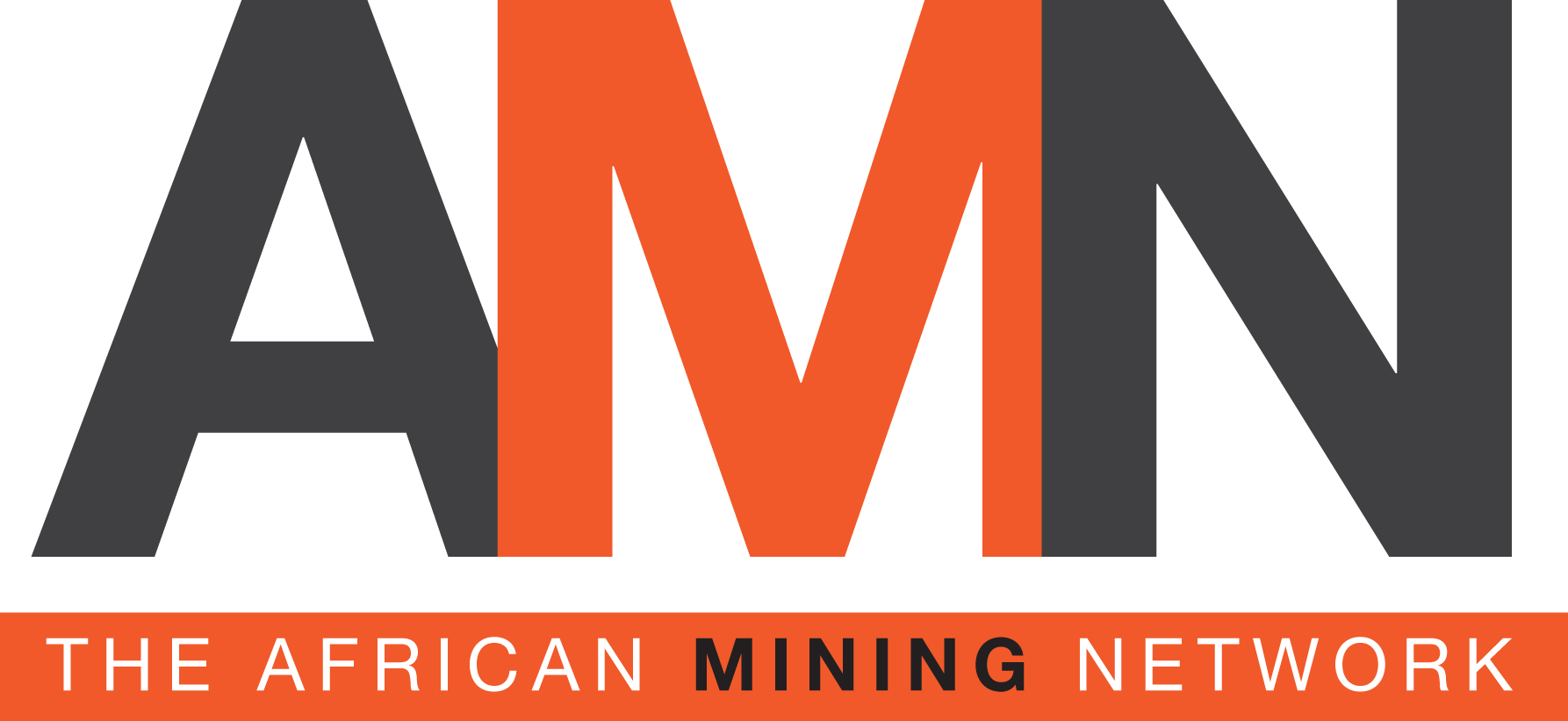- Yolanda Torrisi
- +61 412 261 870
- yolanda@yolandatorrisi.com
- Nina van Wyk
- +27 82 926 3882
- nina@africanminingnetwork.com
![]()
Despite opposition from major mining companies, Democratic Republic of Congo President Joseph Kabila has signed into law a new mining code that raises royalties and taxes. This came just two days after a lengthy meeting with mining company representatives about the legislation that the country's parliament approved in January.
The two sides have, however, agreed to open negotiations over measures to implement the code, and Mines Minister Martin Kabwelulu said the concerns of companies would be considered on a case-by-case basis.
“After the promulgation of the code, we are going to wait for the mining companies ... to send us their concerns,” Minister Kabwelulu said. “We are going to re-examine those concerns, first with (government) experts ... and with the mining companies’ experts.”
Last week's meeting between the president and representatives from Glencore, Randgold, China Molybdenum and Ivanhoe Mines lasted six hours with the miners unsuccessfully seeking to re-open negotiations over the code, which they say will deter investment and violate existing agreements.
The new code replaces an earlier code from 2002 and raises royalty rates paid to the government on most of the minerals extracted in the country. Such rates will rise from around 2% to around 3.5% on most metals. It also introduces a windfall profits tax and removes a clause that protected miners from changes to the fiscal and customs regime for 10 years.
DRC is Africa’s biggest copper producer and its reserves, mostly in the southern copper belt, are among the world’s richest. As important, it has emerged recently as the world’s leading producer of cobalt, a by-product of copper smelting that is used in batteries for electric cars. The country also produces gold, zinc, tin and diamonds.
Royalties on cobalt could increase five-fold to 10% if the government designates it a 'strategic substance', which is expected.
Cobalt output in DRC increased 15.5% last year to 73,940 tonnes and prices have surged, more than doubling in 2017 and rising a further 10% this year. Analysts say the new code could impact cobalt production in the DRC, which would lead to even higher prices.
The government has disputed the companies’ claims that the new code will make them unprofitable and said the revision was needed to boost meagre public revenues in a country with an annual budget of only about $5 billion.
The government maintains that reform of a law agreed in 2002 is overdue because not enough of DRC’s mineral wealth is going to its people. The country is also looking at formalising its artisanal sector to harness revenues from that and to tackle abuses, notably child labour.
Randgold, which operates the Kibali gold mine in northeast DRC, said recently that it would challenge the new code through international arbitration if it was not referred back to the mines ministry for further consultation with industry.
It remains to be seen how the implementation negotiations will play out and whether the mining companies will be provided concessions in any form. However, as evidenced in the vast majority of instances of governments seeking to gain more from mining royalties and taxes, it is doubtful that the government will receive as much benefit as it hopes for.
Yolanda Torrisi is Chairperson of The African Mining Network and comments on African mining issues and the growing global interest in the continent. Contact:yolanda@yolandatorrisi.com

